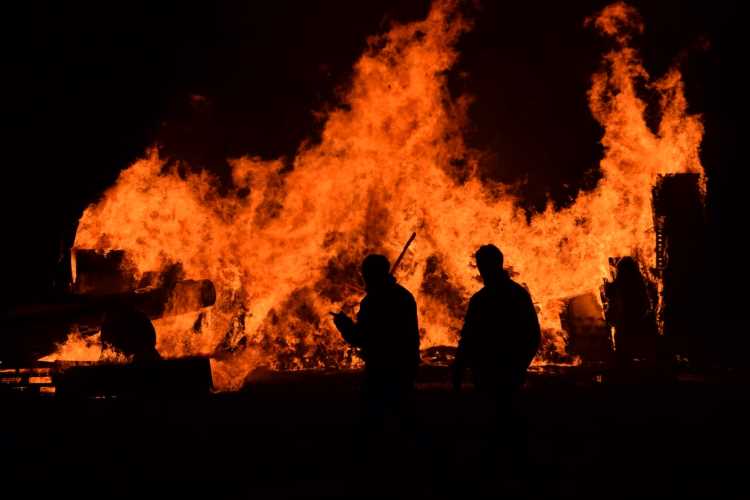
The world is way off track on the global warming target set by the Paris Agreement, UN secretary general António Guterres said while releasing a report by World Meteorological Organisation. The UN’s assessment of the global climate confirmed that 2019 was the second-hottest year on record and the last decade the warmest. Climate change is affecting all aspects of the human health and well-being, said the UN climate Report released on Tuesday.
The report, which was prepared by WMO using data from a number of partner organisations, said extreme weather events resulted in rising hunger, displacement and loss of life around the world. It also reported rising land and ocean heat, sea level rise and melting ice as well as their impact on human health, food security and ecosystems.
READ: Urbanisation, climate change to hit quality, availability of water
The world nations had committed at the Paris Climate Meet in 2015 to limit global average temperatures increase to 2°C above pre-industrial levels and to initiate efforts to further limit it to 1.5 °C.
The warming of Antarctica and the large-scale ice melt is threatening the coastlines of the earth. The World Glacier Monitoring Service say 2018-19 was the 32nd year running when more ice was lost than gained. The oceans were at their hottest in 2019, resulting in marine heat waves.
Australian summer was the hottest ever with the country recording nine of the 10 warmest days in 2019. High latitude regions such as Siberia, Alaska and some parts of Arctic experienced wild fires. Wild fires also ravaged the Amazon forests and some areas in Indonesia.
READ: Climate change will destroy half of world’s beaches, says report
Carbon emissions increased in 2019, leading to the heating of the oceans. This has resulted in rising sea levels, altering of ocean currents, melting of floating ice shelves, impacting the marine ecosystems. The world’s oceans have witnessed acidification and deoxygenation, disrupting marine life.
Extreme weather events were witnessed in several parts of the world. At least 2,200 people died in floods when the southwest monsoon saw rainfall above the long-term average in South Asia. The US and several South American nations also faced floods. It is estimated that the US suffered losses of around $20 billion in 2019.
The climate change also took a toll on human health. In 2019, high temperatures led to more than 1,462 deaths in France and 100 deaths in Japan. Global hunger is also on the rise due to extreme weather events — over 820 million people across the world were affected by hunger in 2018.
Sajna Nair is a former banker. Her areas of interest are environment, art and culture.


